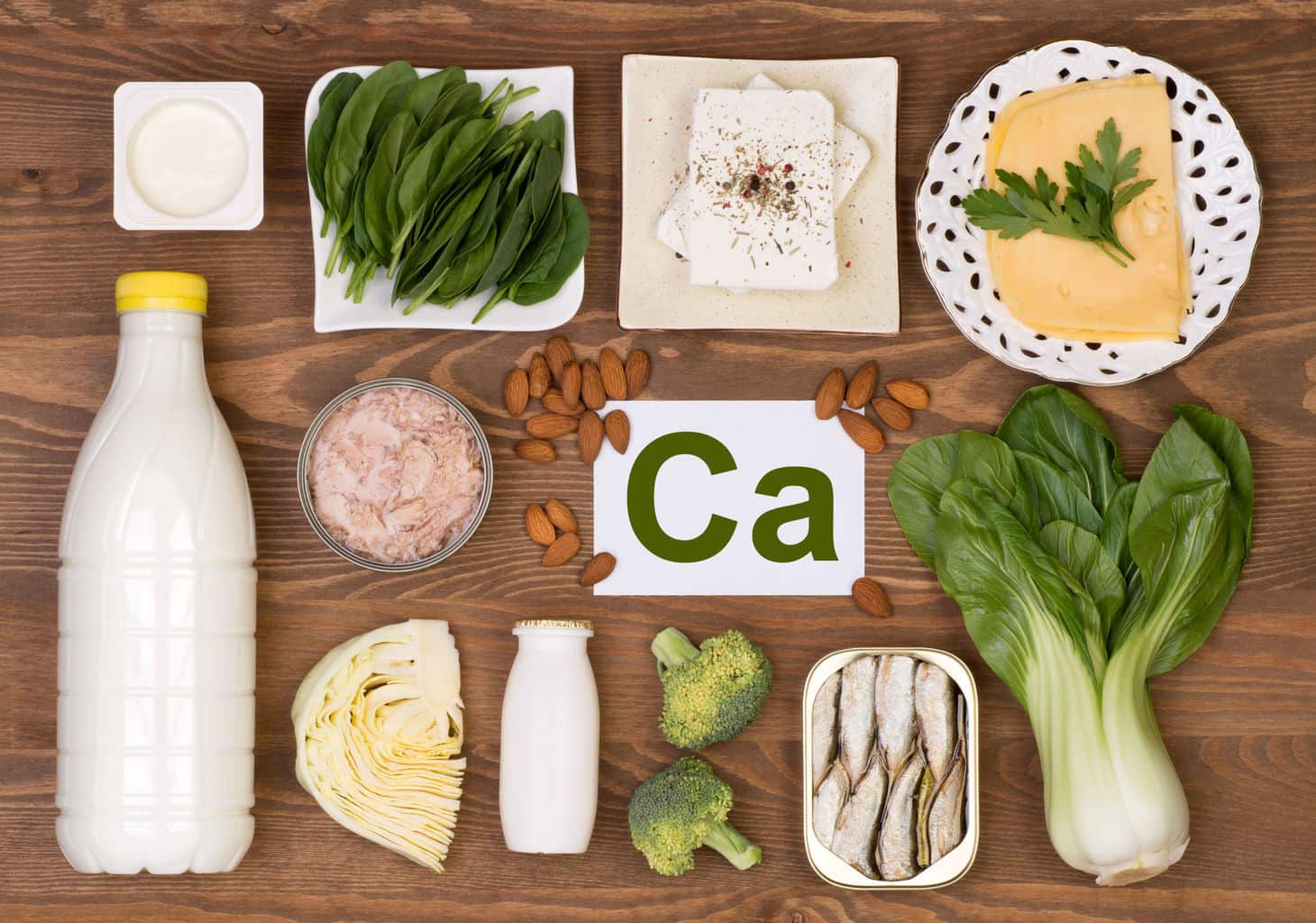
[cmamad id=”4977″ align=”center” tabid=”display-desktop” mobid=”display-desktop” stg=””]
Every day, it seems that we are finding new benefits of sensibly increasing your “alkaline metal” intake.
But what are alkaline metals?
The alkaline metals that we’re most familiar with are calcium, magnesium, sodium, and potassium.
In a natural type of diet, you get a lot of all four.
For example, if you drink milk you get a lot of calcium and potassium.
If you drink orange juice, you gets a lot of potassium, and you get a bit of magnesium.
If you drink coffee or espresso, you get a good amount of magnesium.
And if you put it all together, it’s fairly easy to get enough calcium, sodium, and potassium.
You might not get enough magnesium, but there are ways to address that.
But you want to be sure you’re getting enough of these alkaline metals.
They do a lot of things to support your health.
In fact, calcium and colon cancer are linked… calcium can help prevent colon cancer.
This study is one that shows the importance of calcium in lowering the likelihood of getting colon cancer.
It also shows that it slows down the spread of certain types of colon growths.

They gave rats a certain type of cancer growth with a chemical.
[cmamad id=”4978″ align=”center” tabid=”display-desktop” mobid=”display-desktop” stg=””]
And then they gave some of these rats some calcium enriched or low-fat diets.
The chemical gave the rats a precursor to cancer called epithelial hyperproliferation.
It’s actually very common — much more common than cancer.
You could have it not just in the colon, but in the penile tissues and other areas of the body.
They all have an endothelial layer, and it’s all subject to hyperproliferation — which could be precancerous.
That’s what makes the study important.
Hyperproliferation, during induction of colonic cancer in rats on a low calcium diet, can be reduced by a calcium enriched diet.
And in the second study, they tested this effect on humans.

This is a study that was performed by many researchers.
And it includes Dr. Gershom Zajicek, who is one of my personal heroes.

Dr. Z. got his medical degree back in 1957 and is a professor emeritus at Hebrew University.
The man is brilliant.
Anyway, back to the study.
Long-term calcium supplements significantly suppressed growths in adenoma patients.
It is quite probable that calcium will help almost ANY type of metabolism.
And it’s obvious that calcium and cancer prevention go hand in hand.
Calcium could be a key way how to prevent colon cancer naturally.
But one thing needs to be discussed and isn’t covered enough.
It’s important to get the right balanced ratio of calcium to phosphorus.
You should have the same amount of calcium or more calcium than phosphorus in your daily diet.
Many people have way too much phosphorus and too little calcium.
If you consume a lot of meat and grains, you’re getting way too much phosphorus and very little calcium.
The solution is to take more calcium.
You should focus on eating high calcium foods such as hard cheese, milk, and dairy.
And you can get calcium from well-cooked leafy green vegetables such as kale and collards.
In many cases, these also have a lot of sodium and magnesium as well.
And you can reduce your risk of colon cancer with tasty foods, you’re probably already eating.

http://onlinelibrary.wiley.com/doi/10.1002/1097-0142(20010215)91:4%3C833::AID-CNCR1071%3E3.0.CO;2-9/full
https://www.ncbi.nlm.nih.gov/pubmed/2306729

Leave a Reply